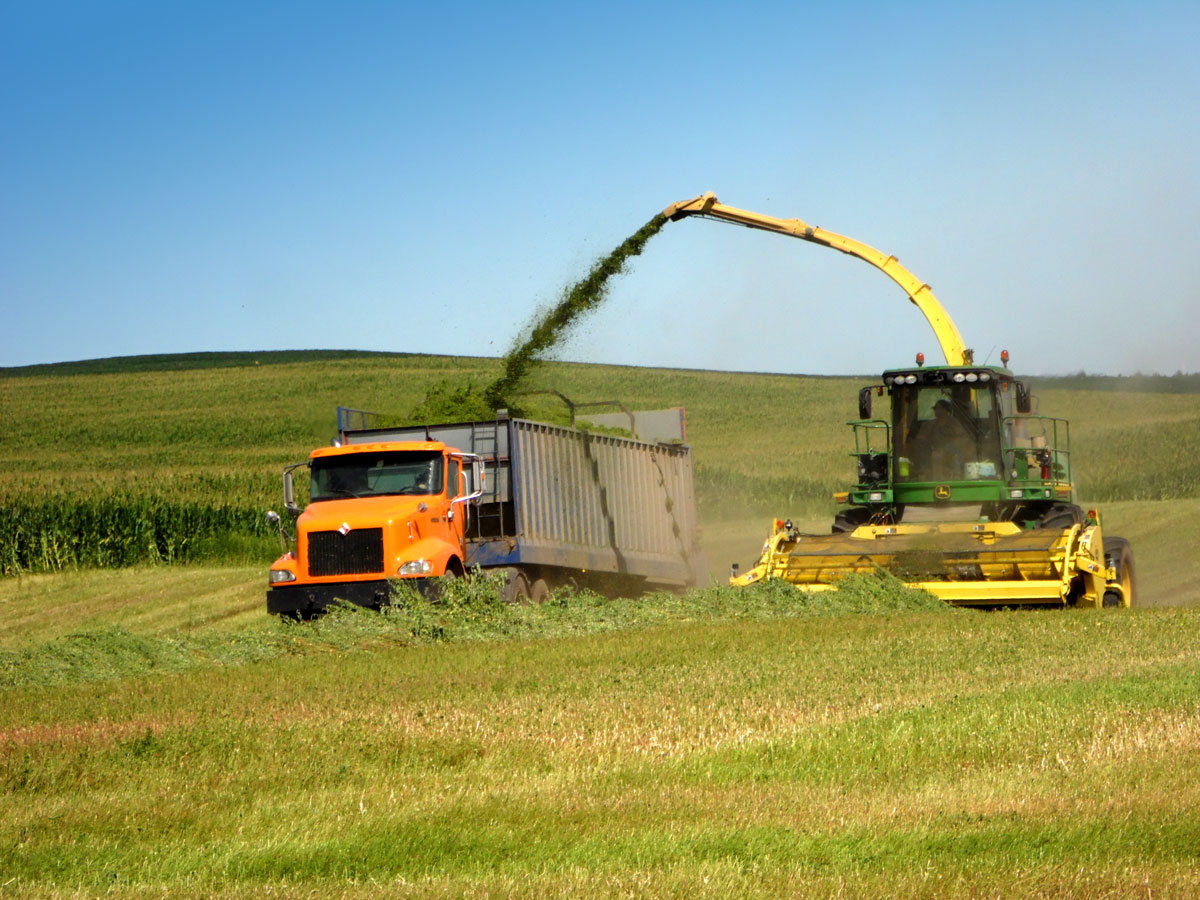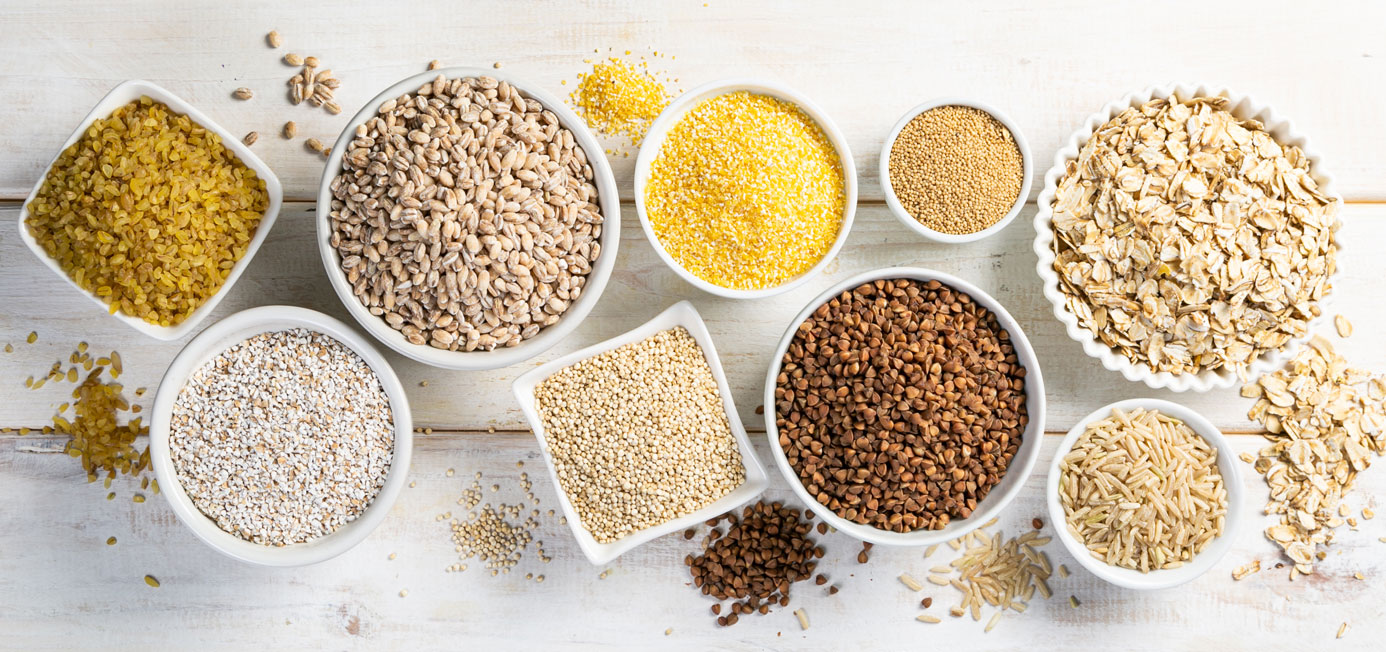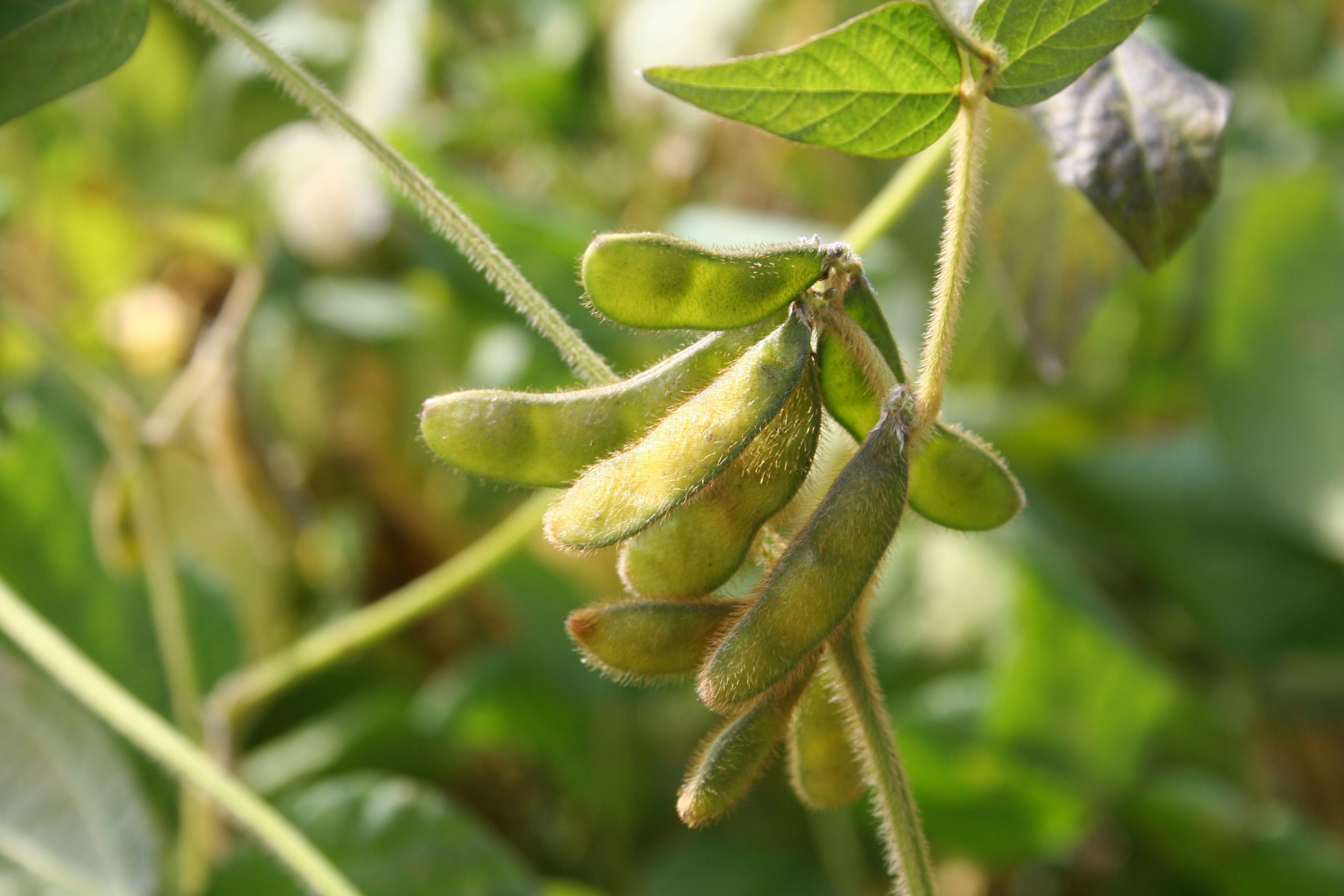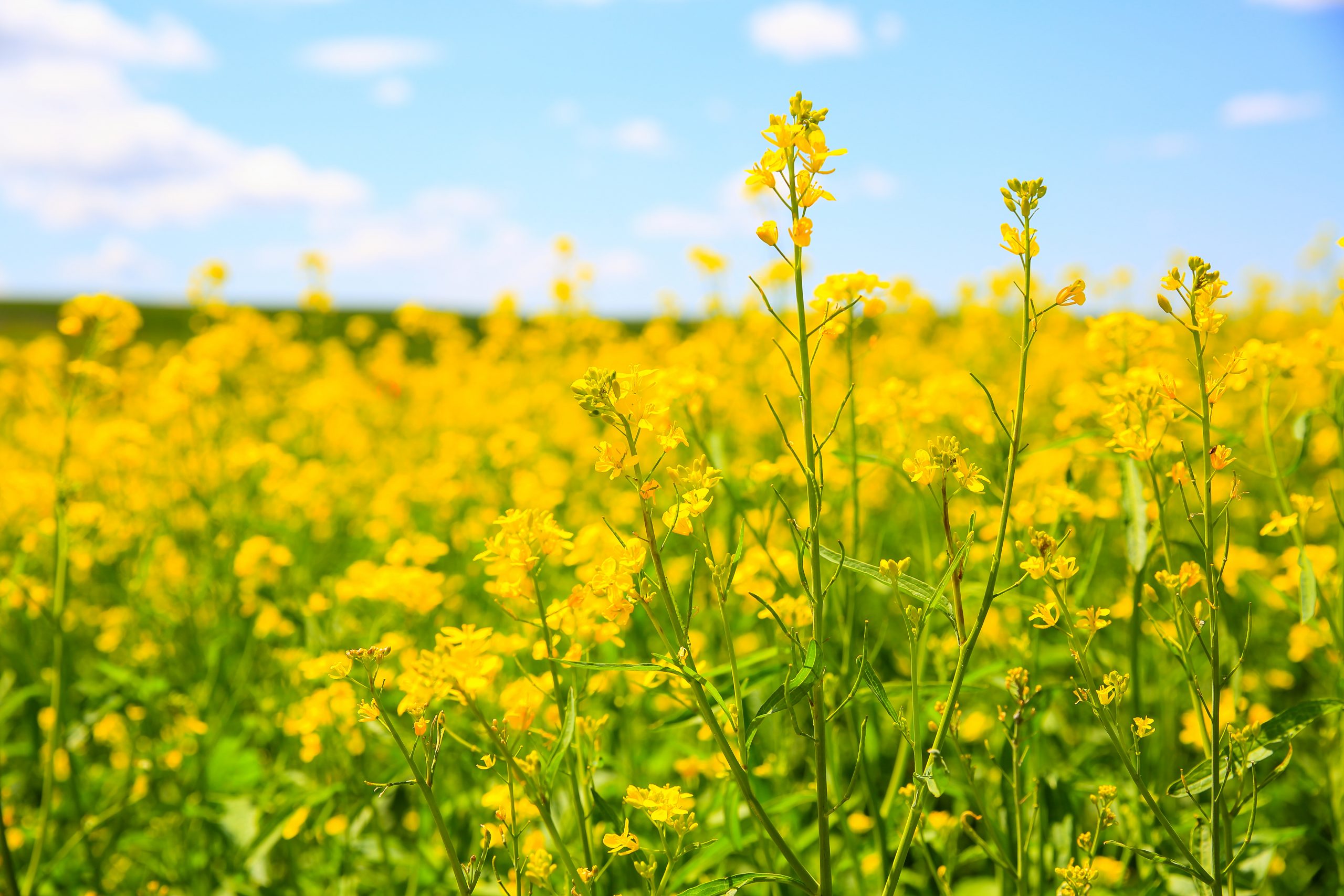- Published On: December 1, 2020
- Author: AgriSecure
Strengthening Organic Enforcement. Or SOE, for short. If you’re an organic farmer or in transition, chances are you’ve heard of it. But what does it all mean?
In a lot of ways, it’s just like it sounds. SOE is a rule that gives regulators more oversight of organic production practices. As a result, it provides more ability to enforce the rules for greater organic integrity.
In this case, the regulator is the National Organic Program (NOP). And SOE is set to be the single largest piece of rule making in the history of USDA organic standards.
Why do we need SOE?
The proposed SOE rule has three main goals:
- Certification. Build consistent certification practices so the industry can detect and deter organic fraud.
- Traceability. Improve the traceability of organic products in the supply chain.
- Organic integrity. Protect organic integrity at every stage from provider to farmer to consumer.
“SOE is a really big goal,” says Johanna Mirenda, farm policy director for the Organic Trade Association (OTA). “But it’s desperately needed. We’ve seen the organic industry grow so much since regulations were first put in place. Supply chains have gotten global and more complex.”
The USDA published the SOE in the Federal Register in August of this year. After that, the public had 60 days to comment on the rule.
Now, we wait for the rule to become final.
To help organic farmers prepare for SOE, we asked Johanna to share her insights with us. We also looked at how SOE will impact organic farms and operations.
Why is this rule happening?
In short, fraud.
In 2017, the U.S. discovered fraudulent organic soybeans from the Black Sea region. Johanna believes this event sparked future action. It showed the need for more review and muscle in the industry.
“Federal investigations show that organic grain and oilseed fraud can lead to tens of millions of dollars in fraudulent sales within just a few months,” she says. This includes both imports and domestic products.
Unlike organic farmers, some businesses in the organic supply chain don’t have to be certified organic. The gaps make it easier for fraudulent organic products to enter the market.
But the evidence of fraud prompted the OTA to take action. It pushed the Organic Farmers and Consumers Protection Act, which went into the 2018 Farm Bill. It also worked with its members — more than 9,000 organic businesses — to gather feedback for the public comment period. They analyzed each part of the SOE proposal. Importantly, they also took care to consider its impact on every stage of the organic supply chain.
What will the SOE change?
SOE is good news for organic farmers. And they’ll likely experience very little change as a result of this rule.
Still, it makes sense to stay informed. Here’s two changes that organic row crop farmers should know about:
1. Supply chain handlers. Many importers, traders, and brokers currently don’t have to be certified. They’re exempt because they don’t take physical possession of the product. However, SOE will require them to have organic certification.
2. Imports. All foreign shipments of organic products entering the U.S. will need organic import certificates. Johanna says the purpose is to have better traceability and tracking of all organic imports. One the one hand, this will serve as a good baseline for data collection. Furthermore, it allows for oversight of the global organic trade system.
Congress also authorized NOP to take additional rule making actions. Johanna says most of them are designed to improve traceability and protect organic integrity.
How will the SOE impact my organic farm?
For organic farmers, the SOE will require stronger record keeping.
“There won’t be any changes in this rule to the actual production practices on the farm. Or inputs used on the farm,” Johanna says. “This is really about strengthening traceability and audit trail systems. It’s meant to serve the broader goal of detecting and deterring fraud. It’s all about organic integrity.”
It’s important to keep in mind that the final rule may change as a result of public comments.
But as it’s currently written, key areas include:
- Documentation. Organic growers will need to maintain audit trail documents for the organic products they produce, receive, or handle. This way, they can trace products back to the supplier and forward to their customers.
- Identification. Growers will need to identify in all records the organic status of products.
- Verification. Growers must develop monitoring practices and procedures to verify the organic status of their suppliers and prevent/detect organic fraud. If a grower purchases an organic product, they need to know where it came from.
Johanna says it’s likely most organic farmers are following these practices. But the proposed rule will make it crystal clear. It will also provide leverage for NOP. Operations that aren’t taking the required actions will receive non-compliance and removal notices.
“We believe that organic farmers in good standing already have good systems in place. They should be able to come into compliance without too much undue burden,” she says.
Organic farms may also experience more rigorous on-site inspections. Johanna said the SOE will take a closer look at inspectors and raise the bar on their qualifications and training. It’ll also be specific about the kinds of on-site analysis and calculations they should be doing, such as balance audits.
What will these changes cost me?
The USDA ran an economic analysis on the SOE changes. Based on the data, they expect the changes will cost organic farms less than 1% of gross revenue.
Still, certification agencies will be taking on increased costs. And as a result, it may translate into higher certification fees.
“Certifiers are committed to implementing the rule,” Johanna says. “But they want to do it in a way that minimizes passing along added costs. We want to be transparent and realistic about that.”
She adds that financial resources are available to farmers. For example, there’s the Organic Certification Cost Share Program (OCCSP). Other programs and options can also help offset costs.
Will this rule really benefit my organic farm? How will it help the industry?
The OTA believes SOE offers many benefits to organic farmers. And these will far outweigh the costs. It raises the standard for organic enforcement and deters fraud. For this reason, it enhances organic integrity over the long run.
“Stronger regulations directly translate to stronger trust in the organic label,” Johanna says. “We all rely on a strong USDA organic seal. If there’s consumer doubt in the integrity of that seal, it hurts everyone.”
But Johanna admits it’s a lot to take in. To help farmers prepare, the OTA offers a number of resources and tools. This includes working with industry partners like AgriSecure to support a successful rollout of the rule.
As the farm policy director, Johanna will work closely with OTA’s farmer members. It’s a role she takes to heart. She is a strong advocate for organic farmers and their value to consumers and the planet. Not surprisingly, she works hard to find policy solutions that help them thrive.
“I’ve always had an intense and sincere appreciation for farmers,” she says. They are responsible for growing food and for feeding us. At the same time, they have this immense responsibility for stewarding the land.” She adds, “And farmers that choose to grow organic are taking both of those responsibilities so seriously.”
How can I prepare for the SOE rule?
As we wait for the rule to be finalized, organic farmers can start taking steps now to prevent fraud. For example, the OTA created the Organic Fraud Prevention Solutions Program. It’s a voluntary program to help organic businesses develop organic fraud prevention plans. To learn more about the OTA, visit www.ota.com.
AgriSecure can help
If you’re an AgriSecure member, we’ll work with you to ensure your organic farm meets the requirements of the SOE. If you’re not a member, schedule a free consultation call. We can help you prepare for stricter organic enforcement.
Related Articles
-
Organic Certification. Done by Sep 2020. Check!
The pandemic turned “normal” upside down in 2020, but it didn’t stop AgriSecure. Our members got their organic certification completed. On time. COVID-19 caused communication delays. It created confusion across the nation. Still, all our members had their organic certification paperwork done by September. Why? For one, row crop farmers gained from our expertise in […]
-
Organic Transition Provides “Peace of Mind” and an Edge
Not so long ago, Todd Grohs realized he had a problem. He was doing the budget for his 5,000-acre farm in Wessington Spring, S.D., and the numbers didn’t look good. “I said, ‘I’ve got an option here. If I stay doing what I’m doing, in three to four years I’ll have all of my equity […]
-
Demand for Organic Foods Sets Up Long-Term Benefits for Farmers
When Steve Merfeld heard Farmers Business Network (FBN) was investing in AgriSecure, he started to think about whether his 2,200-acre farm in Nashua, Iowa, should get into organic production. He presented the idea to two farmers he works with and they agreed to investigate further. After meeting with AgriSecure and reflecting on their experiences with […]
-
Farm & Livestock Directory Looks to AgriSecure for Answers
Farmers have a lot of questions when considering the transition to organic crops. To help their readers, Farm & Livestock Directory looked to AgriSecure and Farmers’ Business Network to get started on seven common questions. Check out Thinking About Transitioning to Organic? Seven common questions answered to read AgriSecure Founder J.P. Rhea’s thoughts and insights. AgriSecure frequently answers […]
-
AgriSecure Answers Your Questions About Organic Transition
As the demand for organic products continues to rise, more farmers have become increasingly interested in exploring this growing market. However, the unknown can make farmers hesitant to begin transitioning conventional acres to organic. While organic farming comes with its own set of challenges, AgriSecure aims to arm farmers with the right resources to succeed. […]
Get in the know
Our newsletter, it’s a quick read. You’ll get industry news plus all the latest organic insights. Who doesn’t want that?






